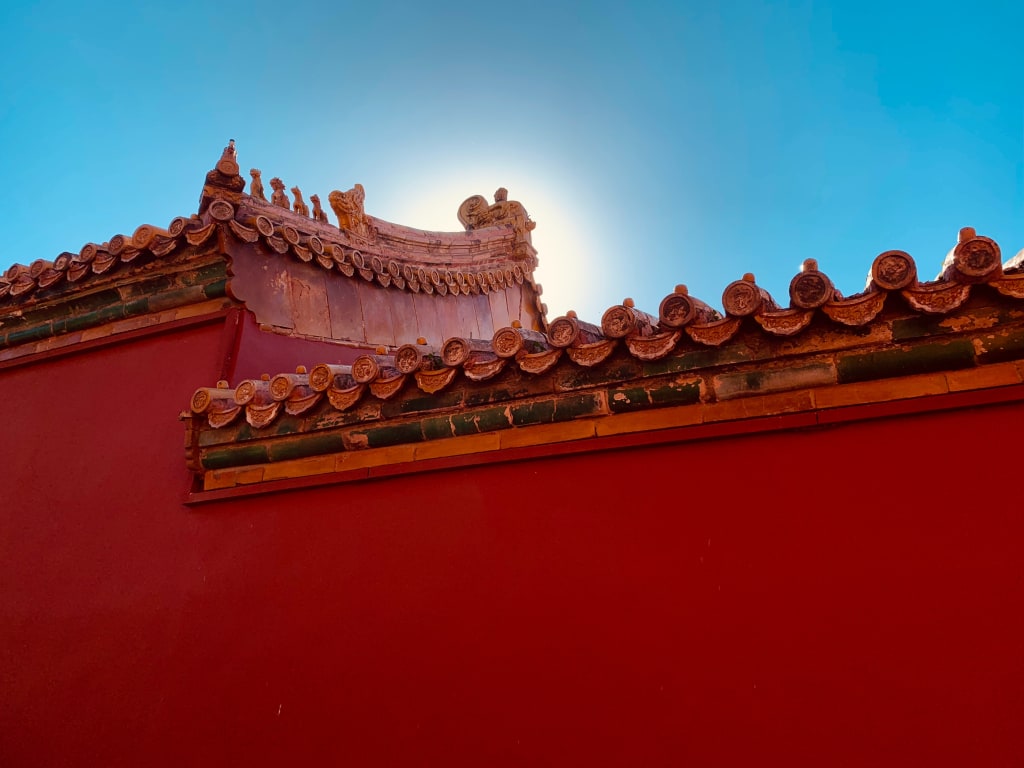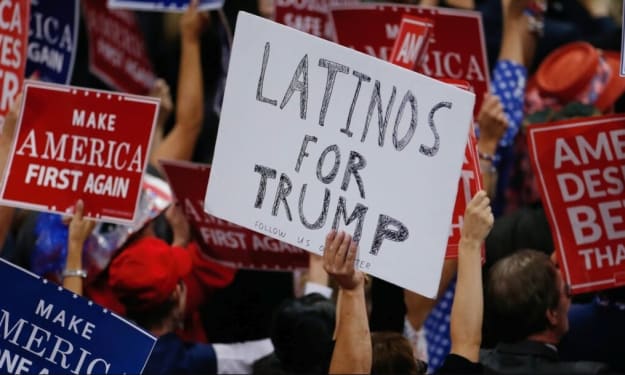Postcards From a Pandemic, Part Four: The China Addiction
The World Needs to Wean Itself

If there’s one thing that’s becoming crystal clear in the 2020 Pandemic, it’s this: The world has a China addiction, and it needs to go into rehab.
Before you think this is xenophobia, hear me out. I would argue that it is extremely unwise for an intensely interconnected planet like ours to put all of its proverbial eggs in one basket, even if that basket is wielded by the most benign democratic regime imaginable.
The People’s Republic of China is neither benign, nor democratic.
The COVID-19 pandemic has reminded us how dependent we are on China for such critically useful supplies as Personal Protective Equipment (PPE), and pharmaceuticals. China has already threatened to withhold vital drugs in a sinister effort to control the comments and behaviour of the United States. They have pirated a shipment of PPE destined for Canada right off the tarmac.
Beyond the narrow scope of medical supplies and drugs, there are many other areas in which we are dangerously dependent on China. Manufactured goods such as clothing and electronics would largely disappear from North American stores overnight, should China wish it. More seriously, China controls the world’s supply of rare earth minerals, vital to the construction of military-grade electronics and communication systems. China is also making aggressive moves to insert its star performer Huawei into the West’s telecom networks, despite its proven record of state supported hacking and espionage.
As a global citizen, China has shown it’s true colours by lying and suppressing evidence at the beginning, and throughout the pandemic. More worrying still, it has done this with the connivance, witting or not, of the World Health Organization. Though the liberal establishment does love to lecture us how we must have faith in our institutions, they do not appear to have much of an answer to the question of what happens when those institutions are undermined past the point of credibility. The apparent subservience of the WHO to China’s whims is a glaring weakness in the world’s response to the pandemic.
Yes, all governments lie. But authoritarian governments lie more than others, for the very simple reason that they can get away with it. China is untroubled by a meddlesome free press, unrestricted internet discussion, or unsightly public protest. This allows it to intimidate and silence those who would point out embarrassing facts, like a preventable disease outbreak in a major city. Combined with a lickspittle WHO, terrified of offending Chinese sensitivities regarding Taiwan, a nation that early on was contradicting the official Communist version of “no human-to-human transmission,” and the path is laid for disaster.
How on earth did we get here? It began in 1945, when China, then controlled by the Nationalists who run Taiwan, secured one of the five permanent seats on the new UN Security Council. Taiwan retained this seat throughout the Cold War, until Richard Nixon, in an attempt to outflank the Soviet Union on the left, thawed relations with China. Soon, the most populous Communist nation had a veto on the Security Council.
For a long time, this was no real threat to the west. China was anxious to ingratiate itself with the wide-open markets of the democracies with a conscientious display of good citizenship. Some Chinese misinterpreted this to mean democracy was just around the corner.
They could not have been more wrong. The Tiananmen Square Massacre of 1989 showed the limits of how far China would change. We should’ve taken stock then and limited how far we would dive into the embrace of China. Putting all of your eggs in the basket of a country that runs its own kids over with tanks is a highly risky activity.
But we didn’t stop. No, we went full speed ahead. First, we shut down and shipped out our low-technology industries to China. Textiles and steel went first. Then, electronics followed. We decided we could process our raw resources for cheaper in China.
Driven by the short-sighted lure of higher profits in the next quarter, our corporate decision makers went all in, ignoring all the signs of trouble on the horizon. Our politicians were only too happy to help, enjoying “Team Canada” and “Team USA” junkets with the dubious mission of securing our remining industries, like automobiles and aviation, the same access to China’s markets that we had given China.
But it never materialized. We made China rich while transforming ourselves into an Africa with better roads and more Starbucks. Hewers of wood and drawers of water, now not even capable of making our own underpants, we exported our hard-won technological advantage on the dubious promise that it wouldn’t be stolen. Then, we marvelled at how Chinese high tech was producing very similar products to ours, for less.
Over the course of thirty years, the relatively benevolent leadership of Deng Xiaoping morphed into the overbearing and sinister regime of Xi Jinping. China’s wealth, acquired at our expense, began to fuel long-cherished military and space dreams. Yet still we gave aid to China, seemingly unable to adjust to the new reality.
Another warning sign, another chance for us to go into rehab, was the SARS outbreak. China’s sorry record of public hygiene led to a frightening disease outbreak, which, among other things, almost brought Canada’s largest city to a halt. What was China’s reaction? Lie, stall, hide. Almost two decades later, the script has not changed, and we have learned, it seems, nothing.
How to kick the habit? It won’t be easy, or straightforward. And it will be expensive.
First, we will need to identify and prioritize those strategic industries with which China could use its control to strangle us. Medical supplies and pharmaceuticals, telecommunications, supercomputing, aerospace, and production and refinement of strategic resources must be returned to our shores.
There will be many honey-lipped interlocutors from within our ranks who will argue strenuously against this process. We must ignore these people, for they have been corrupted as completely as the mandarins in the WHO. Chinese money has a long reach. But if we care about the future of democracy, we cannot hand strategic industries and control of strategic resources to a dictatorship.
China is a fact, and fair trade with China should be pursued. We will survive, in any future dispute with her, a temporary shortage of underpants and dishtowels. But strategic materials are quite another matter. Pursuit of free trade, with open eyes, combatting the insidious influence of free Chinese spending around the globe, and vigilance against Chinese disinformation, espionage, and hacking, are all part of a realistic strategy to engage with China.
If it becomes apparent to the Politburo in Beijing that the west is no longer for sale; that a less aggressive and more conciliatory approach to the west will pay more dividends, then expect hardliners like Xi to be shown the door. China wants to keep making money, and for all her drumbeating, she knows she cannot afford a war. A restless people, hungry for more control over their future, must always be on the minds of the old men in the Forbidden City.
If there will be one positive effect of the 2020 Pandemic, it will be that this was the year the west saw the real face of China, and learned to deal with the China that is, not the China it wants.
About the Creator
Grant Patterson
Grant is a retired law enforcement officer and native of Vancouver, BC. He has also lived in Brazil. He has written fifteen books.






Comments
There are no comments for this story
Be the first to respond and start the conversation.